Weekly Tech Recap - № 209 - McDonald’s+AI, fake malware, Handle robot, MS bans pranks and Gmail AMP

Would you like some AI with that?
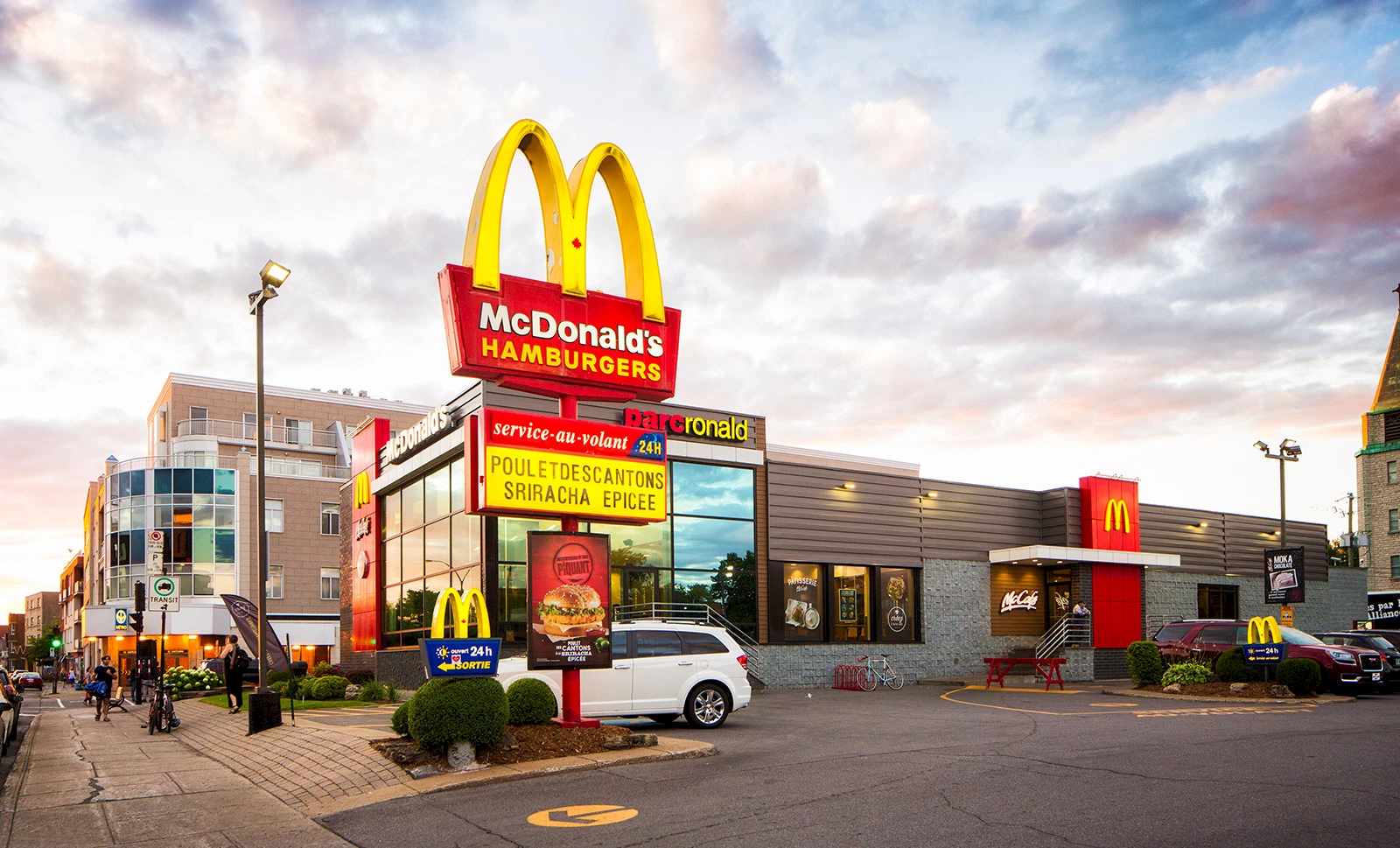
McDonald’s restaurant, St Laurent Blvd, Montreal. © Nicolas McComber/iStock.
Though fast-food companies often cannibalize each other, for instance when Burger King gobbled up Tim Horton’s in 2014 for 14 billion dollars, it is much rarer to see one scooping up a software development company. The fast-food world was therefore surprised when McDonald’s announced it had bought Dynamic Yield, an AI company, for over 300 million dollars, its biggest acquisition since rotisserie chain Boston Market in 1999 (for a mere 273 million in 2019 dollars). Dynamic Yield uses sophisticated algorithms to determine which menu items to display on drive-thru screens, depending on factors like the weather, the date and time, traffic, nearby events and sales trends. This technology will be deployed to 1,000 locations over the next three months, and eventually to 14,000 golden arches throughout the world.
⇨ TechCrunch, “McDonald’s is acquiring Dynamic Yield to create a more customized drive-thru.”
Fake virus, real scam
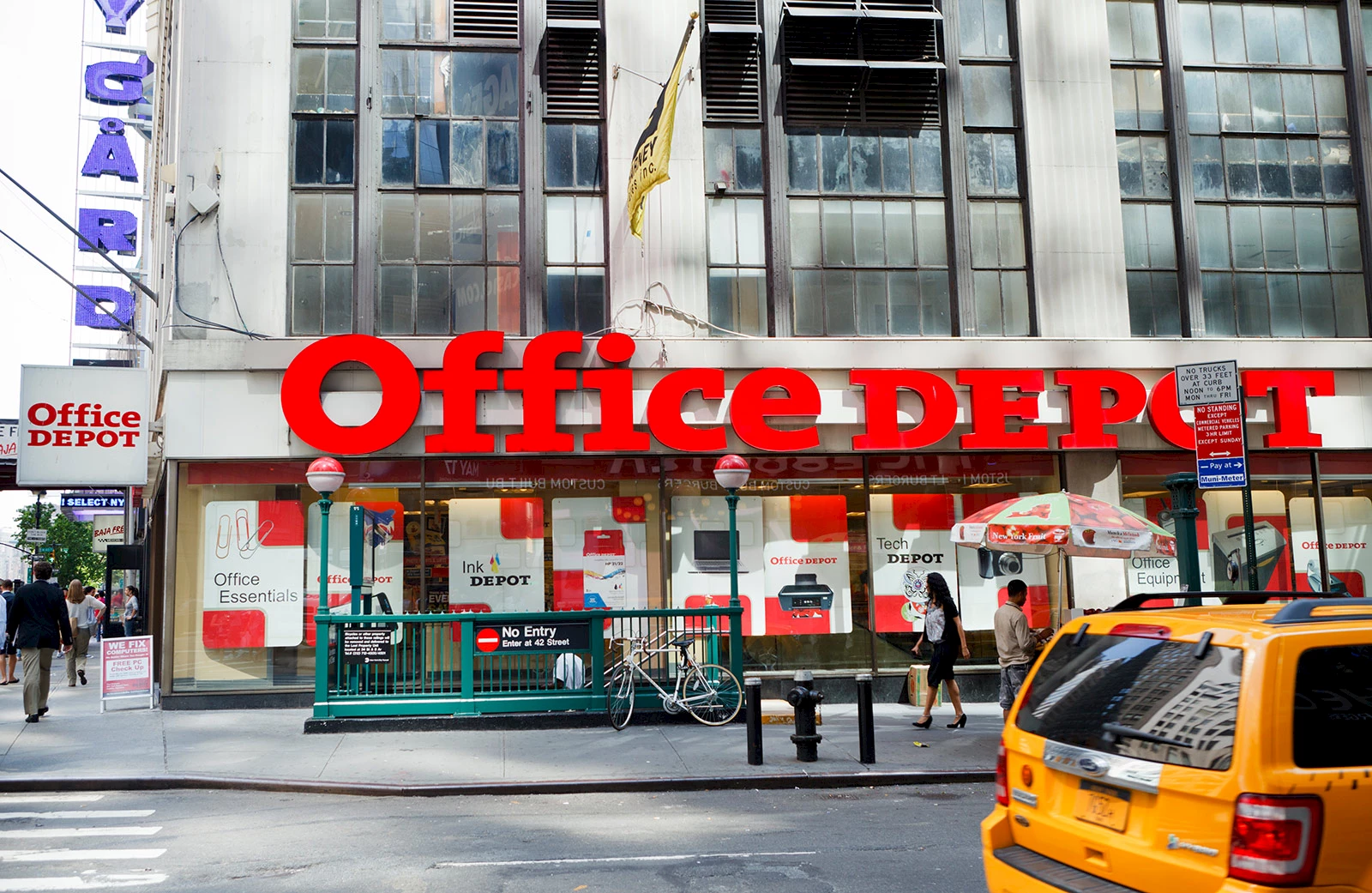
Office Depot, Midtown Manhattan, NYC. © iStock.
Between 2009 and 2016, in the United States, Office Depot and OfficeMax stores graciously offered their clients a free computer health check-up, using the PC Health Check software developed by Support.com. Problem is, the software was designed to always detect a virus, whether the computer was infected or not. Many clients then purchased Office Depot’s or OfficeMax’s computer diagnostic and repair services, needlessly spending up to 300 USD. Office Depot even pressured its employees to reach weekly PC Health Check diagnosis targets. The Federal Trade Commission made Office Depot/OfficeMax and Support.com fork out 35 million dollars to compensate misled consumers.
⇨ Federal Trade Commission, “Office Depot computer scans gave fake results.”
⇨ Ars Technica, “Office Depot rigged PC malware scans to sell unneeded $300 tech support.”
Robots Handle heavy lifting
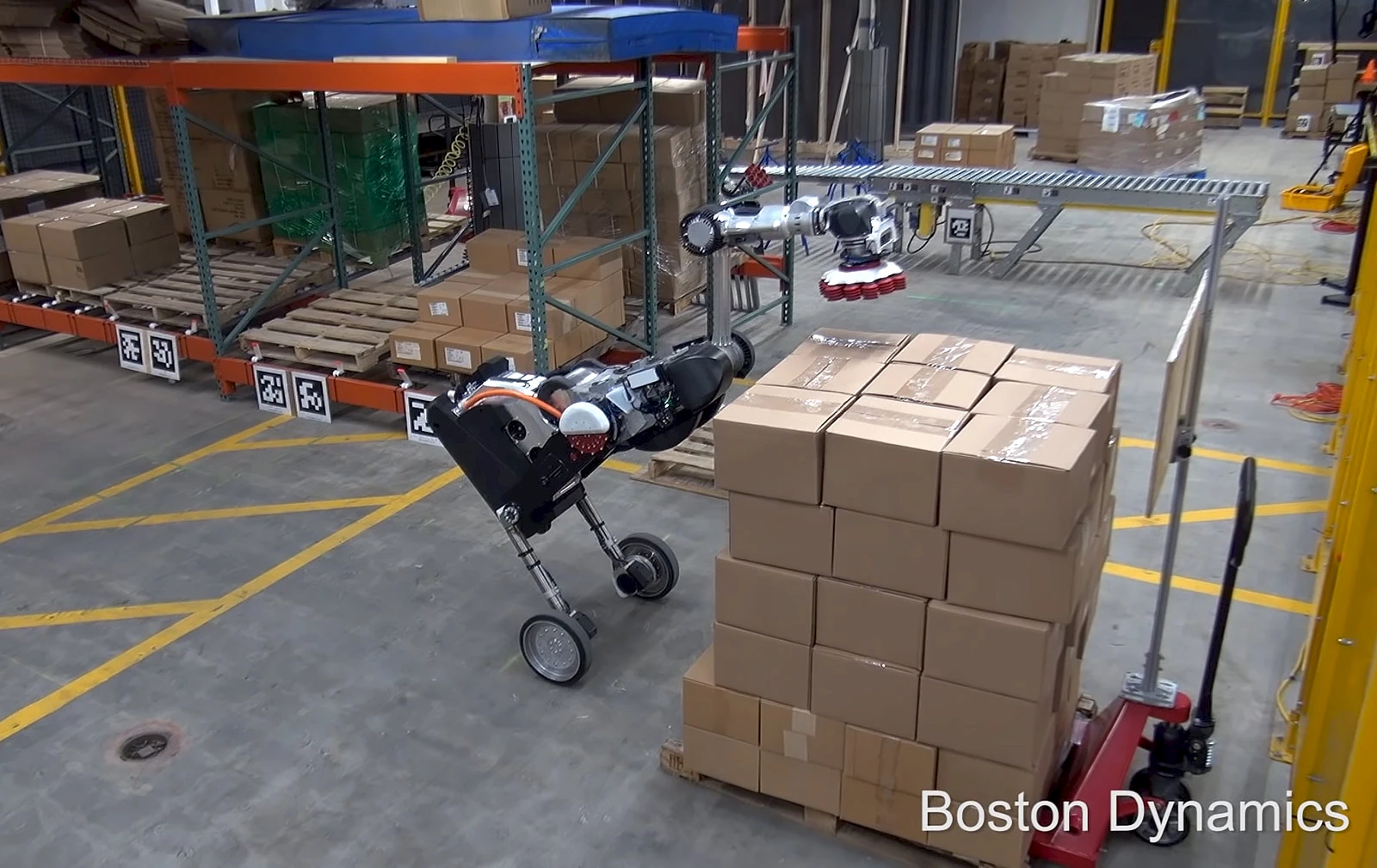
Handle robot. © Boston Dynamics.
Two years ago, Boston Dynamics, now owned by Japanese conglomerate SoftBank, unveiled its impressive Handle, a wheeled two-legged robot. Today, the company published a video showing Handles working in a traditional warehouse: one Handle takes packages weighing 5 kg from shelves and carefully places them on a pallet, while another takes them off a pallet to deposit them on a conveyor belt. The video shows that the Handle has evolved over the last two years: its arms have been replaced with suction devices able to lift boxes of up to 15 kg. The dexterity, speed and balance of the robots are impressive.
⇨ TechCrunch, “Boston Dynamics puts its wheeled-robot Handle to work in a warehouse.”
Microsoft is no-one’s fool
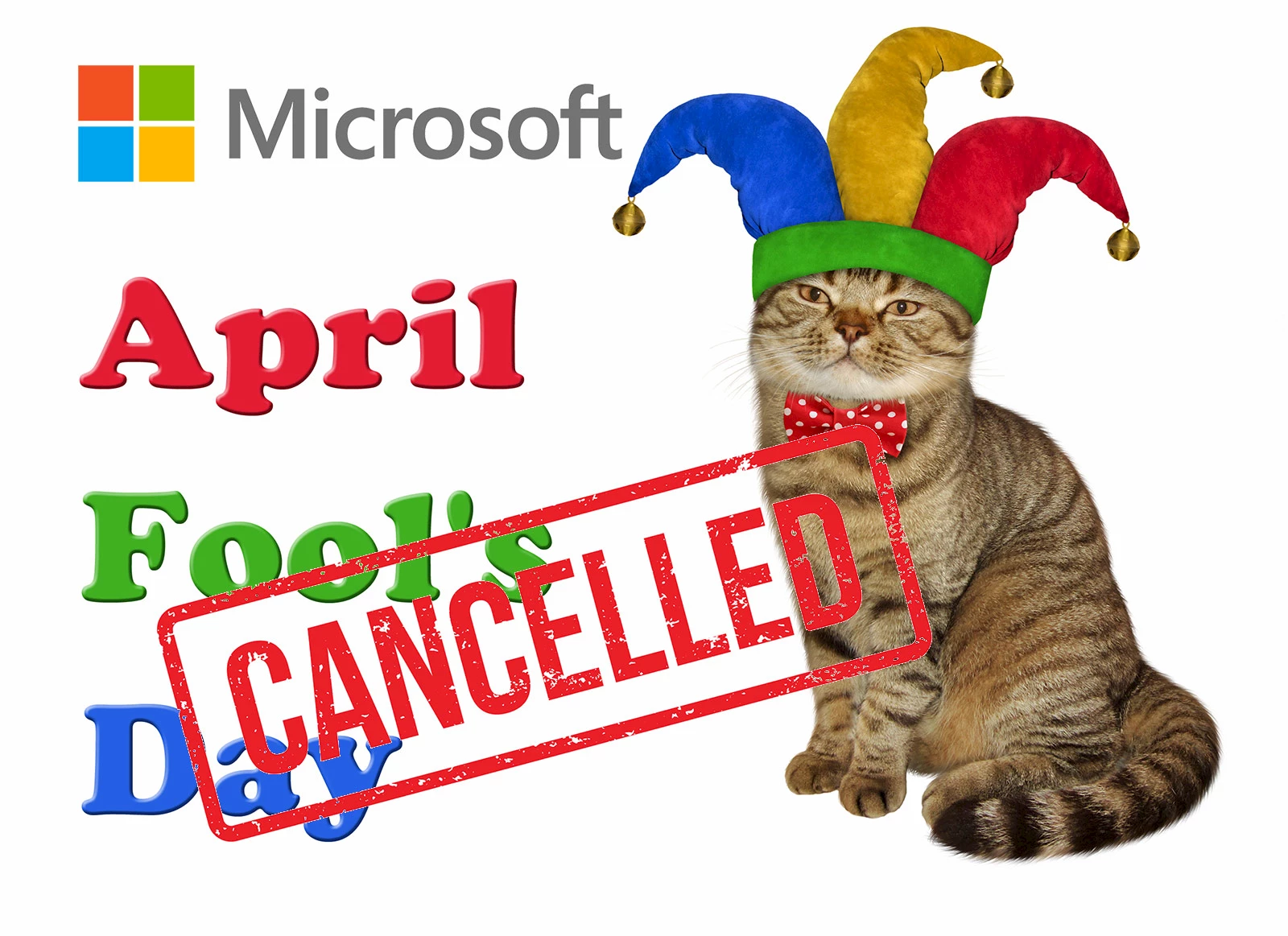
© iStock/dr.
Chris Capossela, head of Marketing at Microsoft, issued a memo warning employees not to indulge in the traditional April Fool’s pranks on Monday, explaining that this kind of very public practical jokes has very little positive impact on the company’s image, and that they can even trigger bad publicity: “I appreciate that people may have devoted time and resources to these activities, but I believe we have more to lose than gain by attempting to be funny on this one day.” Fun shall cease forthwith at Microsoft.
⇨ The Verge, “Microsoft leads the way in banning April Fools’ Day pranks.”
Google AMP coming to your email
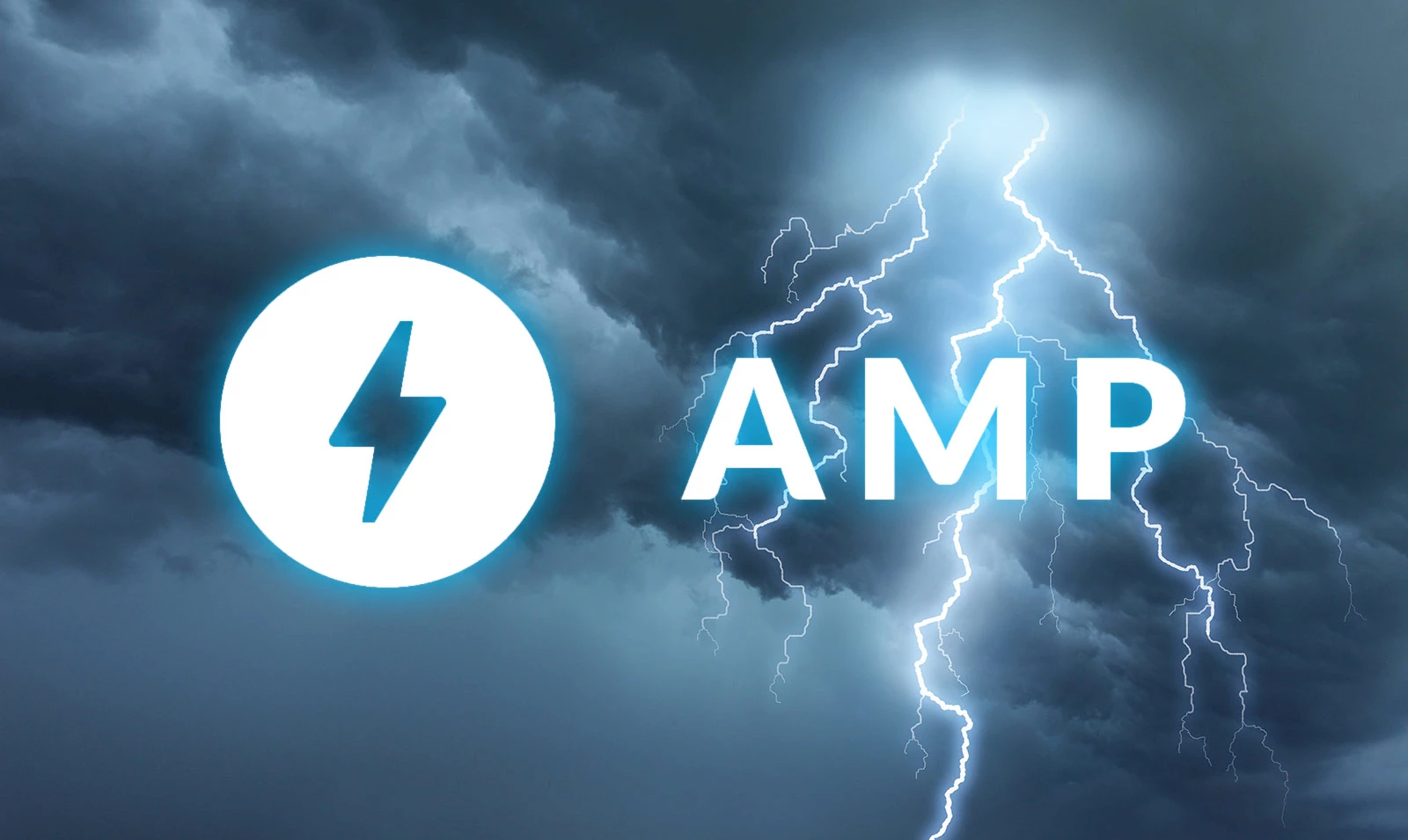
© iStock/Google.
Google is integrating AMP (Accelerated Mobile Pages), its lite version of HTML/JS, in e-mail. Web Gmail will support AMP content as of today, and mobile Gmail in the near future, soon to be joined by Outlook.com, Yahoo Mail and Mail.Ru. Integrated AMP content will provide users with interactive features without having to click outside their Inbox. For example, Pinterest could email you a digest of the day’s most-read news articles, which you could pin to your Inbox. We suspect that this feature will inspire hordes of spammers. As one commentator said, “There had better be a setting to disable this, I don't want the equivalent of flash hacks and autoplay videos filling up my mailbox.
⇨ Ars Technica, “HTML email reborn, as Google brings AMP to your inbox.”
